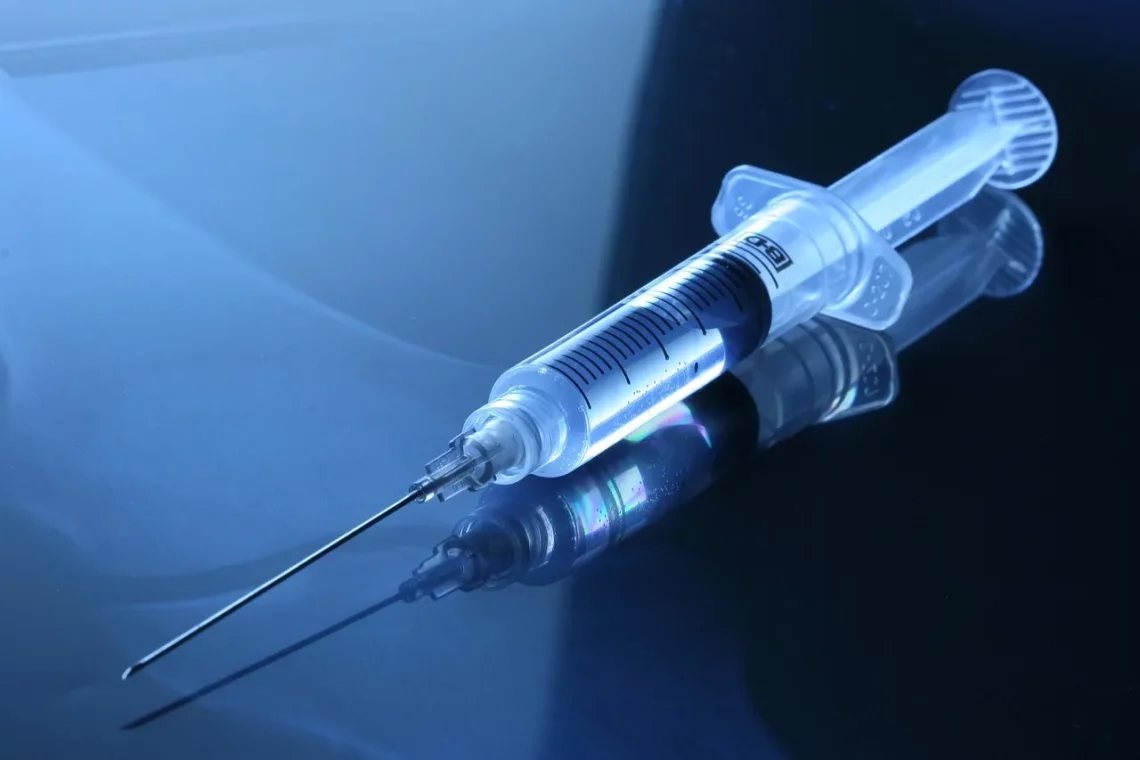
Understanding Bordetella Vaccine Side Effects in Dogs
Vaccination plays a crucial role in maintaining the health and well-being of our canine companions. Among the various vaccines that dogs receive, the Bordetella vaccine is designed to protect them against kennel cough, a highly contagious respiratory disease. This vaccine is particularly vital for dogs that are frequently in contact with other dogs, such as those that visit dog parks, boarding facilities, or grooming salons. While vaccinations are essential for preventing disease, it is equally important for pet owners to be informed about the potential side effects that may arise post-vaccination.
Understanding the nuances of vaccine reactions, including the Bordetella vaccine, can help dog owners make informed decisions about their pets’ health. Just like any medical intervention, vaccines can have varying effects on different individuals. Some dogs may experience mild reactions, while others may have more pronounced effects. Recognizing these potential side effects not only prepares pet owners for what to expect but also helps in identifying any concerning symptoms that may warrant veterinary attention.
As we delve deeper into this topic, it’s essential to balance the importance of vaccination with the understanding of its side effects. This knowledge empowers dog owners to care for their pets effectively and ensures that they can respond appropriately should any adverse reactions occur.
Bordetella Vaccine Overview
The Bordetella vaccine, often called the kennel cough vaccine, is designed to protect dogs from Bordetella bronchiseptica, a bacterium responsible for causing kennel cough. This vaccine is particularly important for dogs that are regularly exposed to other dogs, as kennel cough spreads rapidly in communal environments. The vaccine can be administered in two primary forms: an injectable form and a nasal spray. Both forms work to stimulate the dog’s immune response, helping to prevent the disease.
The vaccine is typically recommended for puppies as young as six weeks old, with a booster shot usually administered every six to twelve months, depending on the dog’s lifestyle and exposure risk. Many pet owners may wonder if the Bordetella vaccine is mandatory. While it may not be legally required, many boarding facilities, dog parks, and grooming services often require proof of vaccination to ensure the health and safety of all dogs in their care.
It’s important to note that while the Bordetella vaccine can significantly reduce the risk of infection, it does not guarantee complete immunity. Dogs may still contract kennel cough even after being vaccinated, although the symptoms are generally milder in vaccinated dogs compared to those who are unvaccinated. Therefore, maintaining good hygiene practices, such as avoiding exposure to sick dogs and keeping your dog’s environment clean, remains crucial.
Furthermore, understanding your dog’s specific needs and lifestyle can help you and your veterinarian determine the best vaccination schedule. Factors such as age, health status, and exposure risk should all be considered when deciding on the Bordetella vaccine. Regular veterinary check-ups can also help ensure that your dog is up-to-date on all necessary vaccinations.
Common Side Effects of the Bordetella Vaccine
Like all vaccines, the Bordetella vaccine can produce side effects, though most are mild and temporary. Common reactions typically include localized swelling or tenderness at the injection site, as well as mild lethargy or a slight fever. Some dogs may also experience a temporary loss of appetite or changes in behavior, such as increased irritability or reluctance to engage in play.
For dogs receiving the nasal spray version of the vaccine, side effects may differ slightly. Some dogs may exhibit mild nasal discharge or sneezing shortly after administration. These reactions are generally short-lived and resolve on their own within a day or two.
While the majority of dogs tolerate the Bordetella vaccine well, there are instances where more severe side effects can occur. Anaphylactic reactions, although rare, can happen and may present with symptoms such as difficulty breathing, swelling of the face or throat, and rapid heart rate. If any of these symptoms are observed, it is critical to seek veterinary attention immediately, as anaphylaxis can be life-threatening.
Pet owners should also be aware that some dogs may have individual sensitivities or pre-existing health conditions that could increase the likelihood of adverse reactions. Discussing your dog’s health history with your veterinarian can provide valuable insight into any potential risks associated with vaccination.
Overall, while side effects are possible, the benefits of vaccinating against kennel cough typically far outweigh the risks. Keeping an eye on your dog for any unusual behavior or symptoms post-vaccination is essential for ensuring their well-being.
Managing Vaccine Reactions
When it comes to managing vaccine reactions, awareness and prompt action are key. After your dog receives the Bordetella vaccine, it’s advisable to monitor them closely for any side effects during the 24 to 48 hours following vaccination. This close observation allows pet owners to catch any adverse reactions early and take appropriate action if necessary.
For mild reactions, such as slight lethargy or mild swelling, supportive care at home is usually sufficient. Ensure that your dog has a comfortable space to rest, and encourage them to drink water to stay hydrated. If your dog seems unusually quiet or disinterested in food, it’s worth offering their favorite treats or engaging them with gentle activities to stimulate their appetite.
In cases where side effects persist beyond a couple of days or worsen, contacting your veterinarian is crucial. They can provide guidance on the best course of action, whether it involves an examination, medication, or further monitoring.
In the rare event of a severe reaction, such as difficulty breathing or facial swelling, immediate veterinary care is necessary. Having a plan in place, such as knowing the nearest veterinary clinic or emergency animal hospital, can make a significant difference in an urgent situation.
Additionally, discussing your concerns and observations with your veterinarian before vaccination can help tailor the vaccination approach to your dog’s needs. Your vet may suggest alternative vaccination schedules, pre-medication in high-risk cases, or other preventive measures to minimize the risk of side effects.
Importance of Communication with Your Veterinarian
Effective communication with your veterinarian is essential in ensuring your dog’s health and well-being. Before your dog receives the Bordetella vaccine, it’s crucial to discuss any previous vaccination reactions or underlying health issues with your vet. This information can assist them in recommending a personalized vaccination plan that best suits your dog.
Your veterinarian can provide valuable insights into the necessity of the Bordetella vaccine based on your dog’s lifestyle, age, and risk factors. They can also help clarify any misconceptions about the vaccine and its potential side effects, ensuring that you are well-informed.
Post-vaccination, if you notice any unusual behavior or symptoms in your dog, do not hesitate to reach out to your veterinarian. They can help determine if what you’re observing is within the realm of normal reactions or if further investigation is warranted.
Establishing a strong relationship with your veterinarian fosters an environment of trust and open communication. Regular check-ups not only allow for timely vaccinations but also provide opportunities to discuss any health concerns, dietary needs, or behavioral issues that may arise.
In conclusion, while the Bordetella vaccine is an invaluable tool in protecting your dog against kennel cough, being informed about potential side effects and maintaining open communication with your veterinarian are essential steps in ensuring your pet’s health and happiness.
**Disclaimer:** This article is for informational purposes only and should not be considered medical advice. Always consult with your veterinarian for any health concerns regarding your pet.




